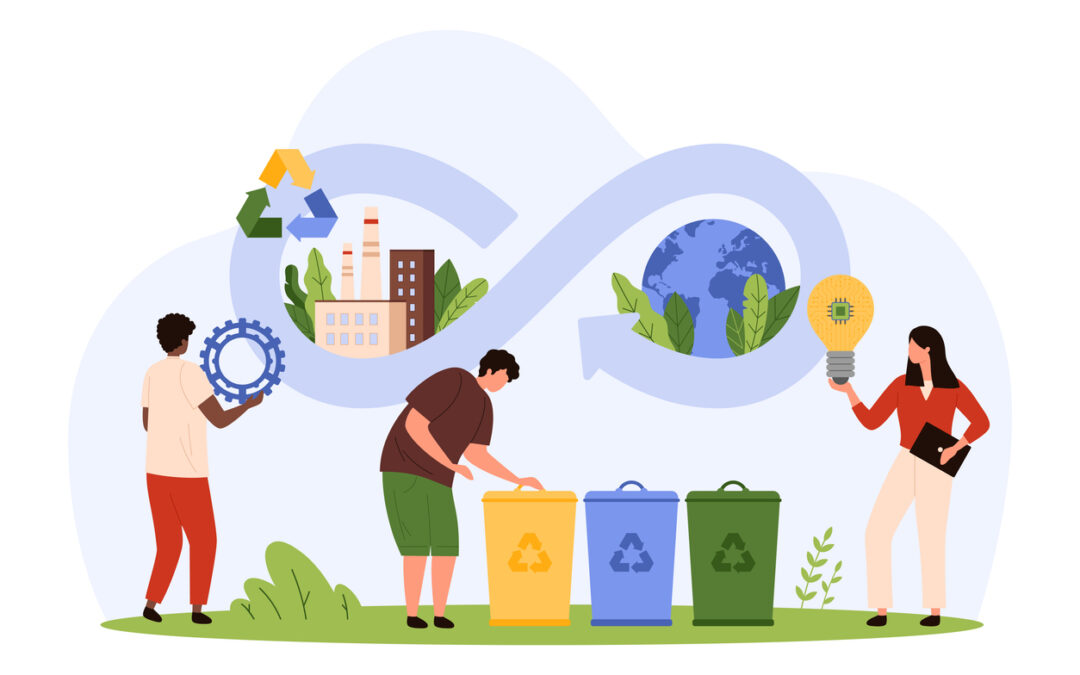Published in May 2022, the Circular Economy: Leading Circularity in Travel and Tourism report—conducted by Harvard School of Public Health for the World Travel & Tourism Council (WTTC) – offers a forward-thinking roadmap for implementing circular economy principles across the travel sector. This comprehensive 13-page study dives into how the industry can reduce waste, increase recycling and reuse, and enhance resilience by redesigning economic systems to work more like natural ecosystems.
Why Circularity Matters for Tourism
The traditional linear “take‑make‑waste” model places immense pressure on destinations by depleting resources and generating pollution. In contrast, a circular economy approach:
- Treats materials and resources as nutrients to be used, reused, and regenerated.
- Reduces waste entering landfills and oceans.
- Improves resource efficiency, lowering operating costs and climate impact.
- Strengthens resilience, especially against supply chain disruptions and resource shortages.
Key Insights from the Report
- Economic & Environmental Win-Win
Adopting circular models not only protects ecosystems but also unlocks financial benefits—through savings, innovation, and long-term sustainability. - Redesigning Systems
The report urges stakeholders to rethink entire value chains: from product design and procurement to consumer behavior and waste management. - Collaboration as a Core Enabler
It highlights that public-private partnership, cross-sector collaboration, and stakeholder engagement are crucial to achieving large-scale circular transformation. - Digital and Technological Enablers
Harnessing digital innovation—like traceability systems, analytics, and sharing platforms—can significantly accelerate circularity goals.
Practical Guidance Included
The report provides actionable case examples and implementation guidelines. It illustrates how destinations, businesses, and policymakers can:
- Track materials and waste streams using data systems.
- Re-design products for durability, repairability, and reuse.
- Collaborate with suppliers, local communities, and government bodies.
- Adapt business models—such as sharing, leasing, and take-back schemes.
Making the Shift
While the focus has been on pilot projects and proof-of-concept models, the report emphasizes the urgency of scaling innovative solutions and embedding circularity into mainstream travel and tourism. WTTC plans to refresh the report annually, ensuring it reflects the latest industry developments.
Summary
Circular Economy: Leading Circularity in Travel and Tourism offers a compelling case for reimagining tourism through a circular lens—balancing economic viability with environmental and social responsibility. It provides strategic insights, practical recommendations, and a clear call to action: build systems where waste becomes opportunity, and resources flow in regenerative cycles.

